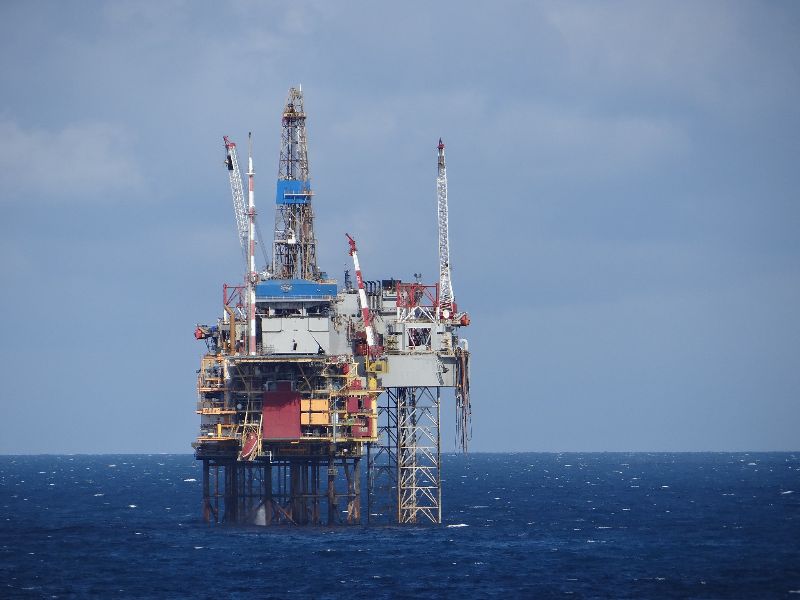
Oil prices have dropped as fresh round of tariffs imposed by the US and China on each other’s imports became effective this week.
Brent prices dropped $0.06 to $58.60 a barrel while US crude slipped $0.26 to trade at $54.84 per barrel, reported Reuters.
The US imposed 15% tariffs on several Chinese goods such as footwear and smart watches starting this week. On the other hand, China levied new taxes on US crude imports escalating the trade war, which marred the crude market since 2018. Trade officials of the US and China are scheduled to meet later in September 2019 for discussions.
The oil prices were also pressured by the ninth consecutive fall in South Korean exports, the government data showed.
OANDA senior market analyst Jeffrey Halley was quoted by Reuters as saying: “Oil will struggle to make substantial headway topside this week with no progress on trade talks or meetings even, soft data from Asia and a possible cracking of OPEC’s resolve to control production.”
In August 2019, oil output from the Organization of the Petroleum Exporting Countries (OPEC) increased from the first time this year due to higher supplies from Iraq and Nigeria.
How well do you really know your competitors?
Access the most comprehensive Company Profiles on the market, powered by GlobalData. Save hours of research. Gain competitive edge.

Thank you!
Your download email will arrive shortly
Not ready to buy yet? Download a free sample
We are confident about the unique quality of our Company Profiles. However, we want you to make the most beneficial decision for your business, so we offer a free sample that you can download by submitting the below form
By GlobalDataThe oil cartel, along with other key petroleum producers, teamed up in December 2018 to restrict crude supplies to the market from January 2019. The group, known as OPEC+, agreed to reduce supply by 1.2 million barrels per day (Mbpd).
Russia, a member of OPEC+, reported an increase in August production to 11.294 million bpd despite its commitment to cap output. However, Russian Energy Minister Alexander Novak said in a statement that it will fully comply with an agreement during this month to cut oil production.






